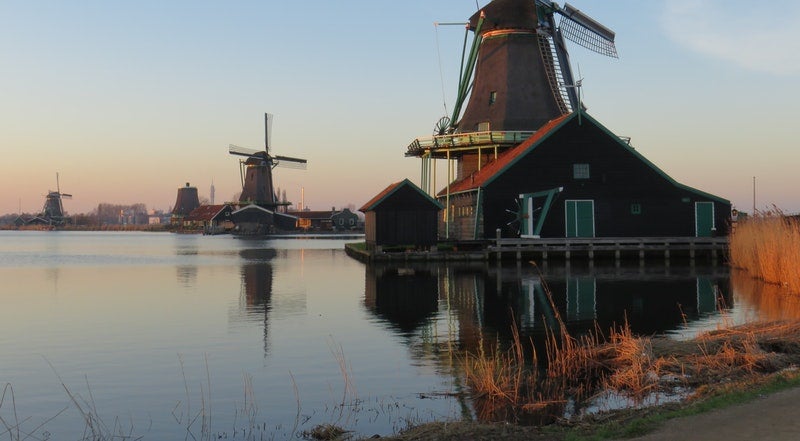
The Dutch Government is to double subsidies for renewable energy to €4bn from a previously planned €2bn.
In a letter to the parliament, the Netherlands’ minister for economic affairs and climate policy Eric Wiebes announced that the decision was aimed at reducing CO2 emissions by 25% by the end of 2020, meeting the country’s obligations under the Kyoto protocol.
Wiebes said: “There are a large number of projects that can offer a cost-effective contribution to further development, making the energy transition more sustainable.”
The government decided to bring forward a part of the available budget for the Stimulation of Sustainable Energy Production (SDE+) scheme, increasing the spring 2020 round, to help projects that have a short implementation period and those who did not get funding in the last tender.
The SDE+ is a subsidy set by the Dutch Government for the production of renewable energy, in which producers receive financial help, according to the renewable energy they produce and the technology used to produce it.
The spring 2020 tender round will be the last, said Wiebes, and will “give an extra boost to the development of renewable energy through the stimulation of both news and old project for which the required permits were previously missing.”

US Tariffs are shifting - will you react or anticipate?
Don’t let policy changes catch you off guard. Stay proactive with real-time data and expert analysis.
By GlobalDataThe SDE+ scheme will be expanded into the SDE++ scheme – an incentive for a sustainable transition.
Greenpeace Netherlands head of climate and energy Faiza Oulahsen said: “Awarding €2.5bn for solar energy projects is a no-brainer.
“The restrictive budget rules for subsidising clean energy were missing the mark: these funds were sitting idle while solar projects were being turned down. With this move, over 6000 solar energy projects can finally take off.”
According to a report published by Climate Action Europe last year, even though the Netherlands is fighting climate change by setting ambitious goals and campaigning for the EU to cut down emissions by 55% before 2030, the country is behind in reaching its renewable energy targets.
According to a study by Eurostat, the Netherlands was in 2018 the country in Europe that share of energy derived from renewable sources, with less than 10% of the gross final energy consumption.



